Modern Art Biography
Source:- Google.com.pkIslam, one of the three major world religions, along with Judaism and Christianity, that profess monotheism, or the belief in a single God. In the Arabic language, the word Islam means “surrender” or “submission”—submission to the will of God. A follower of Islam is called a Muslim, which in Arabic means “one who surrenders to God.” The Arabic name for God, Allah, refers to the same God worshiped by Jews and Christians. Islam's central teaching is that there is only one all-powerful, all-knowing God, and this God created the universe. This rigorous monotheism, as well as the Islamic teaching that all Muslims are equal before God, provides the basis for a collective sense of loyalty to God that transcends class, race, nationality, and even differences in religious practice. Thus, all Muslims belong to one community, the umma, irrespective of their ethnic or national background.
Within two centuries after its rise in the 7th century, Islam spread from its original home in Arabia into Syria, Egypt, North Africa, and Spain to the west, and into Persia, India, and, by the end of the 10th century, beyond to the east. In the following centuries, Islam also spread into Anatolia and the Balkans to the north, and sub-Saharan Africa to the south. The Muslim community comprises about 1 billion followers on all five continents, and Islam is the fastest-growing religion in the world. The most populous Muslim country is Indonesia, followed by Pakistan and Bangladesh. Beyond the Middle East, large numbers of Muslims live in India, Nigeria, the former republics of the Union of Soviet Socialist Republics (USSR), and China.
One of the reasons for the growth of the Muslim community has been its openness to new members. Children born to Muslim parents are automatically considered Muslim. At any time, a non-Muslim can convert to Islam by declaring himself or herself to be a Muslim. A person's declaration of faith is sufficient evidence of conversion to Islam and need not be confirmed by others or by religious authorities.
II. The Teachings of Muhammad
Around the year AD 570 Muhammad, the founding prophet of Islam, was born in Mecca, at the time the central city of the Arabian Peninsula. Some 40 years later Muhammad started preaching a new religion, Islam, which constituted a marked break from existing moral and social codes in Arabia. The new religion of Islam taught that there was one God, and that Muhammad was the last and most important in a series of prophets and messengers. Through his messengers God had sent various codes, or systems of laws for living, culminating in the Qur'an (Koran), the holy book of Islam. These messengers were mortal men, and they included among many others Moses, the Hebrew prophet and lawgiver, and Jesus, whom Christians believe to be the son of God rather than a prophet.
Islam also taught that the Christian Bible (which includes the Hebrew Bible as the Old Testament and an additional 27 books referred to as the New Testament), and the Qur'an were all holy books. According to the Qur'an, the two earlier Scriptures had been altered over time from their original forms given by God, while the Qur'an would remain perfect, preserved by God from such distortion. In addition to distinguishing itself from the Hebrew and Christian traditions, the new religion taught that the God of Islam had provided humanity with the means to know good from evil, through the prophets and the Qur'an. Therefore, on the Day of Judgment people will be held accountable for their actions.
Muhammad's teachings met with severe and hostile opposition, and in the year 622 he left Mecca and sought refuge in the city of Yathrib, as a number of his followers had already done. Upon Muhammad's arrival, the name Yathrib was changed to Medina (meaning “the city”). The date of Muhammad's immigration was later set as the beginning of the 12-month lunar Islamic calendar.
III. The Five Pillars
During the ten years between his arrival in Medina and his death in AD 632, Muhammad laid the foundation for the ideal Islamic state. A core of committed Muslims was established, and a community life was ordered according to the requirements of the new religion. In addition to general moral injunctions, the requirements of the religion came to include a number of institutions that continue to characterize Islamic religious practice today. Foremost among these were the five pillars of Islam, the essential religious duties required of every adult Muslim who is mentally able. The five pillars are each described in some part of the Qur'an and were already practiced during Muhammad's lifetime. They are the profession of faith (shahada), prayer (salat), almsgiving (zakat), fasting (sawm), and pilgrimage (hajj). Although some of these practices had precedents in Jewish, Christian, and other Middle Eastern religious traditions, taken together they distinguish Islamic religious practices from those of other religions. The five pillars are thus the most central rituals of Islam and constitute the core practices of the Islamic faith.
A. The Profession of Faith
The absolute focus of Islamic piety is Allah, the supreme, all knowing, all-powerful, and above all, all-merciful God. The Arabic word Allah means “the God,” and this God is understood to be the God who brought the world into being and sustains it to its end. By obeying God's commands, human beings express their recognition of and gratitude for the wisdom of creation, and live in harmony with the universe.
The profession of faith, or witness to faith (shahada), is therefore the prerequisite for membership in the Muslim community. On several occasions during a typical day, and in the saying of daily prayers, a Muslim repeats the profession, "I bear witness that there is no god but Allah and that Muhammad is his prophet." There are no formal restrictions on the times and places these words can be repeated. To become a member of the Muslim community, a person has to profess and act upon this belief in the oneness of God and the prophethood of Muhammad. To be a true profession of faith that represents a relationship between the speaker and God, the verbal utterance must express genuine knowledge of its meaning as well as sincere belief. A person's deeds can be subjected to scrutiny by other Muslims, but a person's utterance of the profession of faith is sufficient evidence of membership in the Muslim community and cannot be challenged by other members of this community.
B. The Five Daily Prayers
The second pillar of Islam is the religious duty to perform five prescribed daily prayers or salat. All adult Muslims are supposed to perform five prayers, preceded by ritual cleansing or purification of the body at different intervals of the day. The Qur'anic references also mention the acts of standing, bowing, and prostrating during prayers and facing a set direction, known as qibla. The Muslims were first required to face Jerusalem during prayer, but already during Muhammad's lifetime they were commanded to face the Kaaba, an ancient shrine in the city of Mecca. The Qur'an also refers to the recitation of parts of the Qur'an as a form of prayer. However, even with its numerous references, the Qur'an alone does not give exact instructions for this central ritual of prayer.
The most detailed descriptions of the rituals for prayer derive from the example set by the prophet Muhammad and are preserved in later Islamic traditions. Some details of these rituals vary, however all Muslims agree that there are five required daily prayers to be performed at certain times of day: dawn (fajr or subh), noon (zuhr), midafternoon (asr), sunset (maghrib), and evening (isha). The dawn, noon, and sunset prayers do not start exactly at dawn, noon, and sunset; instead, they begin just after, to distinguish the Islamic ritual from earlier pagan practices of worshiping the sun when it rises or sets.
A prayer is made up of a sequence of units called bowings (rak'as). During each of these units, the worshiper stands, bows, kneels, and prostrates while reciting verses from the Qur'an as well as other prayer formulas. With some variations among different Muslim sects, at noon, afternoon, and evening prayers, these units are repeated four times, while during the sunset prayer they are repeated three times, and at dawn only twice. The opening chapter of the Qur'an, al-Fatiha, is repeated in each unit in a prayer sequence. Each prayer concludes with the recitation of the profession of faith followed by the greeting "may the peace, mercy, and blessings of God be upon you."
Wherever Muslims live in substantial numbers throughout the world, the call to prayer, or adhan, is repeated five times a day by a muezzin (crier) from a mosque, the Muslim place of worship. Muslims are encouraged to pray together in mosques, but group prayer is only a religious obligation for the noon prayer on Friday. Women, travelers, sick Muslims, and those attending to the sick are granted license not to attend the Friday congregational prayer, although they may attend if they wish.
The Friday noon prayer is led by an imam, who is simply a prayer leader; this prayer differs from the usual noon prayers of the other days of the week. As a required part of the ritual at this congregational meeting, two sermons precede the prayer. On other days, Muslims can pray anywhere they wish, either individually or in groups. They must observe the rituals of praying at certain times of day, facing in the direction of Mecca, observing the proper order of prayers, and preparing through symbolic purification. Depending on the situation, this last ritual of ablution requires either total washing of the body or a less elaborate ritual washing of the hands, mouth, face, and feet.
In addition to the five required daily prayers, Muslims can perform non-obligatory prayers, some of which have fixed ritual formats and are performed before or after each of the five daily prayers. Others are performed at night, either individually or with other Muslims. These additional formal and informal prayers give expression to the primary function of prayer in Islam, which is personal communication with God for the purpose of maintaining the abiding presence of the divine in the personal lives of Muslims. The more formal aspects of prayer also serve to provide a disciplined rhythm that structures the day and fosters a sense of community and shared identity among Muslims.
C. Almsgiving
The third pillar of Islam is zakat, or almsgiving. A religious obligation, zakat is considered an expression of devotion to God. It represents the attempt to provide for the poorer sectors of society, and it offers a means for a Muslim to purify his or her wealth and attain salvation. The Qur'an, together with other Islamic traditions, strongly encourages charity and constantly reminds Muslims of their moral obligation to the poor, orphans, and widows; however, it distinguishes between general, voluntary charity (sadaqa) and zakat, the latter being an obligatory charge on the money or produce of Muslims. While the meaning of terms has been open to different interpretations, the Qur'an regularly refers to zakat, identifying specific ways in which this tax can be spent. These specific uses include spending zakat on the poor and the needy, on those who collect and distribute zakat, on those whom Muslims hope to win over and convert to Islam, on travelers, on the ransom of captives, to relieve those who are burdened with debts, and on the cause of God.
The Qur'an provides less-detailed information about the kinds of things that are subject to the zakat tax or the precise share of income or property that should be paid as zakat. These determinations are provided in the traditions of the prophet Muhammad and have been the subject of elaborate discussions among Muslim legal experts, or jurists. For example, one-fortieth (2.5 percent) of the assets accumulated during the year (including gold, silver, and money) is payable at the end of the year, while one-tenth of the harvest of the land or date trees is payable at harvest time. Cattle, camels, and other domestic animals are subject to a more complex taxation system that depends on the animals in question, their age, the numbers involved, and whether they are freely grazing. Traditional zakat laws do not cover trade, but commercial taxes have been imposed by various Muslim governments throughout history.
D. Fasting
The fourth pillar of Islam is sawm, or fasting. Clear Qur'anic references to fasting account for the early introduction of this ritual practice. The Qur'an prescribes fasting during the month of Ramadan, the 9th month of the 12-month Islamic lunar year (see Calendar). The month of Ramadan is sacred because the first revelation of the Qur'an is said to have occurred during this month. By tradition the month starts with the sighting of the new moon by at least two Muslims. For the entire month, Muslims must fast from daybreak to sunset by refraining from eating, drinking, and sexual intercourse. Menstruating women, travelers, and sick people are exempted from fasting but have to make up the days they miss at a later date.
According to various traditional interpretations, the fast introduces physical and spiritual discipline, serves to remind the rich of the misfortunes of the poor, and fosters, through this rigorous act of worship, a sense of solidarity and mutual care among Muslims of all social backgrounds. Thus Muslims usually engage in further acts of worship beyond the ordinary during Ramadan, such as voluntary night prayer, reading sections from the Qur'an, and paying voluntary charity to the poor. Muslims may even choose to wake before daybreak to eat a meal that will sustain them until sunset. After the fasting ends, the holiday of breaking the fast, 'id al-fitr, begins, lasting for three days.
At any time of year fasting is also required as a compensation for various offenses and violations of the law. Many Muslims also perform voluntary fasts at various times of the year as acts of devotion and spiritual discipline. However, such additional fasting is not required by Islamic law.
Modern Art Islamic Art Calligraphy And Architecture Designs Patterns Wallpapers Desktop Wallpapers Hd Calligraphy Wallpapers Calligraphy Canvas Wallpapers Canvas
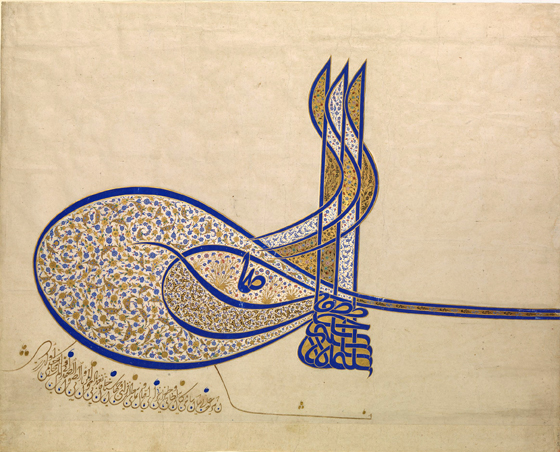
Modern Art Islamic Art Calligraphy And Architecture Designs Patterns Wallpapers Desktop Wallpapers Hd Calligraphy Wallpapers Calligraphy Canvas Wallpapers Canvas
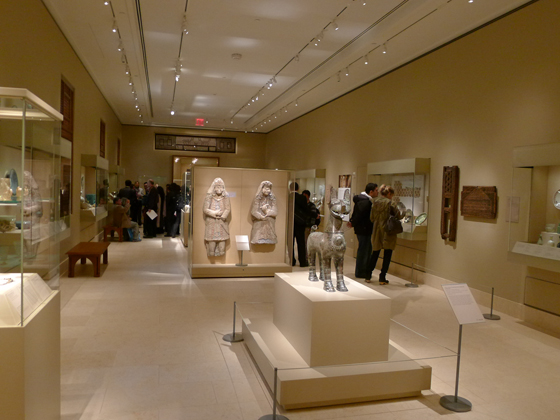
Modern Art Islamic Art Calligraphy And Architecture Designs Patterns Wallpapers Desktop Wallpapers Hd Calligraphy Wallpapers Calligraphy Canvas Wallpapers Canvas

Modern Art Islamic Art Calligraphy And Architecture Designs Patterns Wallpapers Desktop Wallpapers Hd Calligraphy Wallpapers Calligraphy Canvas Wallpapers Canvas

Modern Art Islamic Art Calligraphy And Architecture Designs Patterns Wallpapers Desktop Wallpapers Hd Calligraphy Wallpapers Calligraphy Canvas Wallpapers Canvas

Modern Art Islamic Art Calligraphy And Architecture Designs Patterns Wallpapers Desktop Wallpapers Hd Calligraphy Wallpapers Calligraphy Canvas Wallpapers Canvas
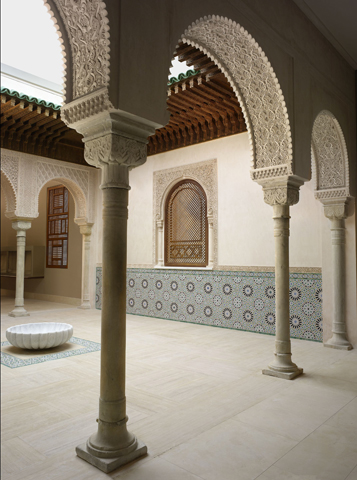
Modern Art Islamic Art Calligraphy And Architecture Designs Patterns Wallpapers Desktop Wallpapers Hd Calligraphy Wallpapers Calligraphy Canvas Wallpapers Canvas
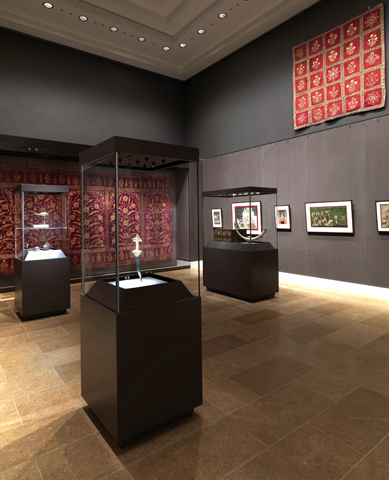
Modern Art Islamic Art Calligraphy And Architecture Designs Patterns Wallpapers Desktop Wallpapers Hd Calligraphy Wallpapers Calligraphy Canvas Wallpapers Canvas

Modern Art Islamic Art Calligraphy And Architecture Designs Patterns Wallpapers Desktop Wallpapers Hd Calligraphy Wallpapers Calligraphy Canvas Wallpapers Canvas

Modern Art Islamic Art Calligraphy And Architecture Designs Patterns Wallpapers Desktop Wallpapers Hd Calligraphy Wallpapers Calligraphy Canvas Wallpapers Canvas

Modern Art Islamic Art Calligraphy And Architecture Designs Patterns Wallpapers Desktop Wallpapers Hd Calligraphy Wallpapers Calligraphy Canvas Wallpapers Canvas
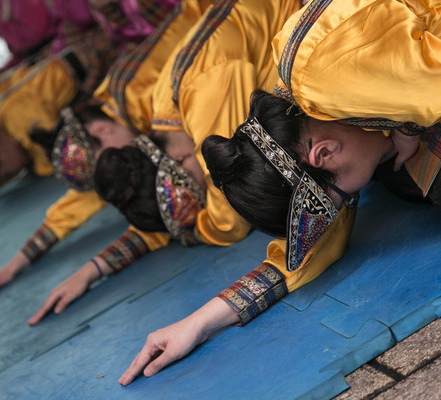
Modern Art Islamic Art Calligraphy And Architecture Designs Patterns Wallpapers Desktop Wallpapers Hd Calligraphy Wallpapers Calligraphy Canvas Wallpapers Canvas
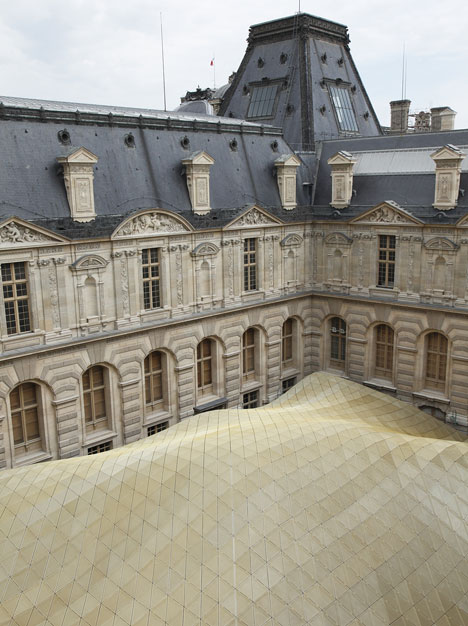
Modern Art Islamic Art Calligraphy And Architecture Designs Patterns Wallpapers Desktop Wallpapers Hd Calligraphy Wallpapers Calligraphy Canvas Wallpapers Canvas
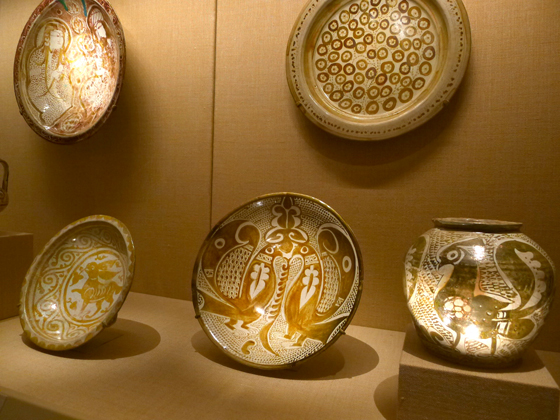
Modern Art Islamic Art Calligraphy And Architecture Designs Patterns Wallpapers Desktop Wallpapers Hd Calligraphy Wallpapers Calligraphy Canvas Wallpapers Canvas

Modern Art Islamic Art Calligraphy And Architecture Designs Patterns Wallpapers Desktop Wallpapers Hd Calligraphy Wallpapers Calligraphy Canvas Wallpapers Canvas

Modern Art Islamic Art Calligraphy And Architecture Designs Patterns Wallpapers Desktop Wallpapers Hd Calligraphy Wallpapers Calligraphy Canvas Wallpapers Canvas

No comments:
Post a Comment